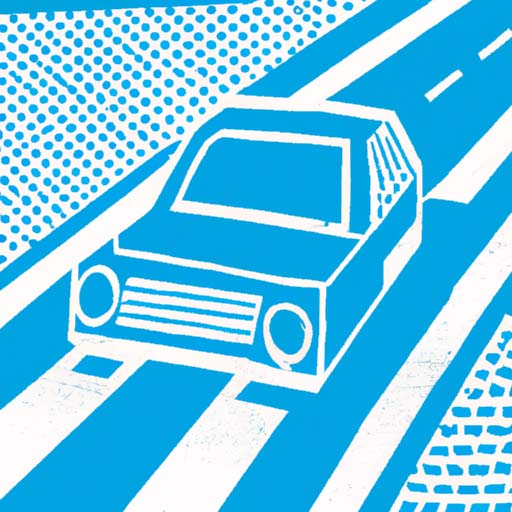When it comes to acquiring a new vehicle, navigating through the options for car financing can be overwhelming. Deciphering whether to lease or buy a car is a decision that requires careful consideration of financial factors. Both options have their pros and cons, making it essential to weigh the benefits and drawbacks before making a choice. In this article, we will explore the differences between leasing and buying a car, helping you make an informed decision that aligns with your financial goals and needs.
Leasing a Car
Leasing a car offers several advantages that make it an appealing option for many individuals. One significant benefit is the lower monthly payments compared to buying. Since leasing is essentially renting a vehicle, the monthly payments are typically lower than loan payments if you were to purchase the same car. This can free up your monthly budget for other expenses or allow you to upgrade to a higher-end vehicle.
However, it’s important to note that leasing comes with limitations. Mileage restrictions are one such drawback. Lease agreements usually have annual mileage limits, and exceeding these limits can result in additional fees. Additionally, customization options are limited when you lease a car. You may not be able to personalize the vehicle according to your preferences, which could be a significant consideration for some consumers.
Buying a Car
Buying a car, on the other hand, provides a sense of ownership and flexibility. When you purchase a vehicle, it becomes an asset that you can keep, modify, or sell as you please. Unlike leasing, there are no mileage restrictions or excessive wear and tear fees to worry about. Additionally, you can customize the car to your heart’s content. Want to paint it a vibrant shade of pink or add a spoiler? It’s your car, and you have the freedom to make those choices.
Yet, the downsides of buying a car are worth considering. The upfront costs of purchasing a vehicle are typically higher than leasing. You would need to make a down payment, pay taxes and registration fees, and possibly obtain an auto loan with interest. Moreover, cars gradually depreciate over time, which means your investment may lose value as the years go by. This depreciation can be a disadvantage if you plan to sell the car in the future.
Choosing the Right Option for You
Ultimately, the decision between leasing and buying a car depends on your financial situation, lifestyle, and long-term goals. If lower monthly payments and the ability to upgrade frequently are essential to you, leasing might be the better option. On the other hand, if you prefer the sense of ownership, freedom to customize, and the potential for long-term cost savings, buying a car may be the way to go.
It’s crucial to carefully evaluate your budget and consider factors such as anticipated mileage, the length of time you plan to keep the vehicle, and your future financial goals. Research the terms and conditions of lease agreements and compare them with the total costs of purchasing a car. By doing so, you can make an informed decision that aligns with your needs and preferences.
Remember, there is no one-size-fits-all solution when it comes to car financing. Each option has its own benefits and drawbacks. Take the time to assess your circumstances, weigh the pros and cons, and make the best financial choice for acquiring your new vehicle.
